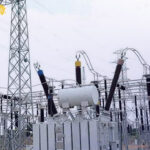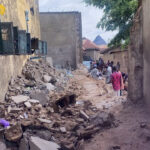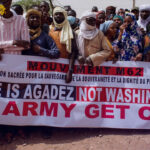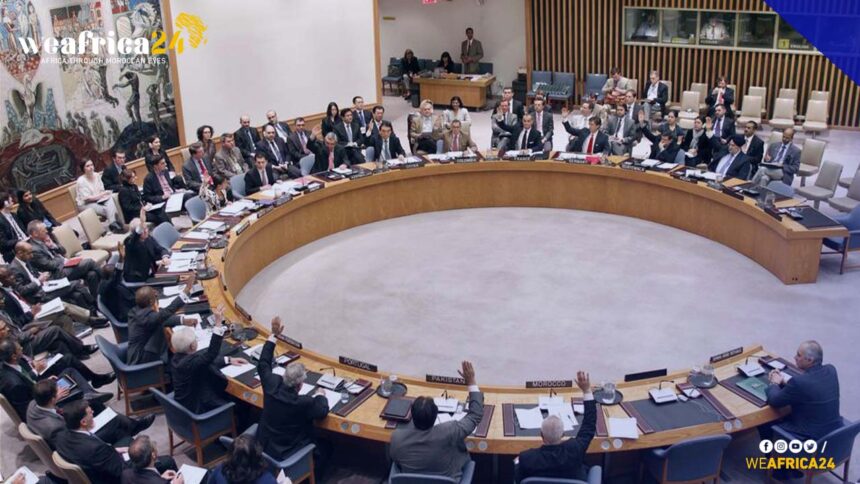Russia is set to assume the monthly presidency of the UN Security Council from Mozambique on April 1, under Russian leadership, the Sahara conflict is expected to return to the Council’s agenda in April, with a briefing session scheduled to be determined after consultations.
This follows the UN Security Council’s resolution 2654 issued in October 2023, which obliges at least one briefing on the Sahara conflict within six months, following the extension of the mandate of the United Nations Mission in the Sahara “MINURSO” until October 31, 2023.
The upcoming Russian presidency has raised concerns for Moroccan diplomacy due to the uncertainty surrounding Russia’s position on the Sahara conflict, which is heavily influenced by its rivalry with the United States. This stems from Washington’s role as the “pen holder” responsible for drafting Council decisions and controlling the main issue in the file, which Moroccan officials perceive as a lack of neutrality. The US has previously expressed support for the autonomy initiative as a basis for resolving the Sahara conflict, as well as recognizing Morocco’s sovereignty over the region.
The scheduled briefing session on the Sahara conflict is expected to be contentious, with potential conflicts between Moscow and Washington due to differences on other global peace and security issues, such as the war in Ukraine, the situation in the Middle East, and Iran. These factors have put Moroccan diplomacy on high alert, as any maneuvering by either side could upset the country’s approach to the conflict and potentially benefit Moscow at the expense of the US.
Outside of the Security Council, Russia has been supportive of international efforts to resolve the Sahara conflict, including the personal envoy of the Secretary-General of the United Nations for the Sahara conflict, Staffan de Mistura, and the United Nations Mission in the Sahara, MINURSO.
However, within the Security Council, Russia has taken a hostile stance by referring only to Morocco and the Polisario Front when discussing “self-determination,” “referendum,” and “the two parties,” in a bid to settle its scores with the US.
Moroccan officials are concerned about the possibility of a Russian speech during the next session that could obligate de Mistura to take concrete steps toward the political process and support any form of negotiation outside of the round tables attended by Morocco, Algeria, Mauritania, and the Polisario Front, Such a move could plunge the conflict into a dark tunnel with no end in sight, as it would require one of the parties to make a significant concession that seems unlikely given the current hardening of positions.







